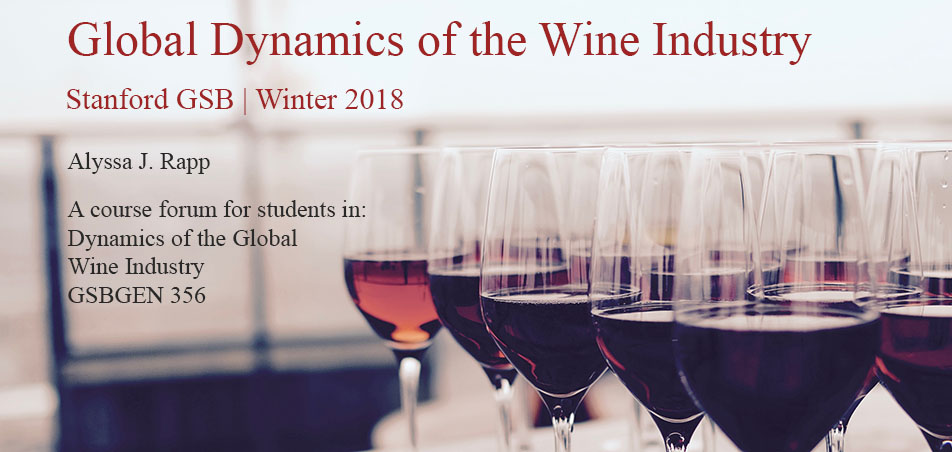Yesterday, one of my former professors posted an article by Aeon titled "Say Goodbye to the Information Age - It's All About Reputation Now".
The article argues that we've gotten to the point that there is just way too much information to digest, and that we consequently rely far more on the reputation of respected others to decide if something is worth believing, reading, buying etc. This effect is even more pronounced when the challenges go beyond our ability to invest time and effort and it's actually difficult for us to understand and interpret the facts. For example, while few have really examined the actual evidence for man's landing on the moon, many of us take it to be true because others we respect support (and in some cases publicly endorse) these claims.
I think this logic applies to wine. As new varietals and literally new world wines appear, there will be increasing amounts of information out there on how to pair, drink, taste and appreciate these wines. Some might appreciate the information, but I tend to think that this will border on information overload over time... and that this is exactly why more apps, websites, and ratings are appearing to help consumers make sense of it all. However, there are woefully few products that actually streamline the experience entirely, the way our team's final project proposition aimed to ("big bold red", "fun flirty red", etc.). Why is that? Is it simply because we're used to creating more not less and haven't fully wrapped our minds around the paradox of choice, or is there something more beneath that?
Maybe the answer doesn't lie in major simplification into 2 reds, 2 whites, and 2 roses, but surely there's a solution out there. Would it be possible for example to have an introductory pack of tasting vials (the size of those little coffee creamers they offer at Peet's maybe?) of all the major varietals? Could one then ask for more of a certain category that he/she enjoys, and deepen his/her knowledge the way one moves from intro level classes to intermediate to advanced electives? This would essentially create a very virtuous circle where people could learn much more about their own preferences, and we could create much more tailored offerings to individual consumers. Brands could also learn more from this data vs. using broad customer profiles to shape their marketing strategies.
How does this link back to reputation vs. information though? I think fundamentally, it's about asking whose reputation matters. Instead of using influencers who are known for chic parties and/or wine savvy, I wonder if we would instead benefit from using people who are much more low key, no-BS sorts. Almost like an Ellen DeGeneres, who'd be curious enough to try it, and honest enough to tell you if it wasn't all that great.
I'd be interested to hear everyone's thoughts!

No comments:
Post a Comment